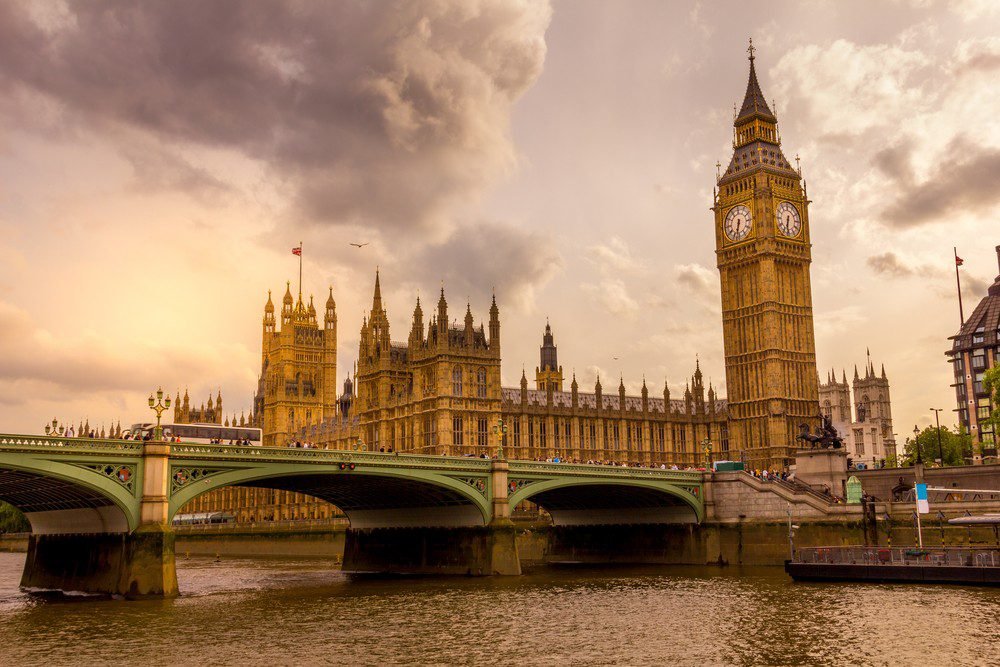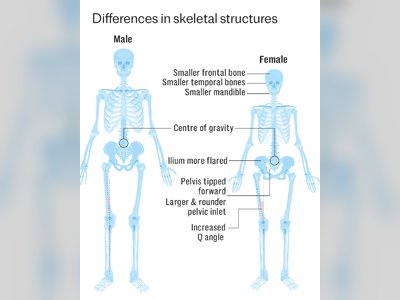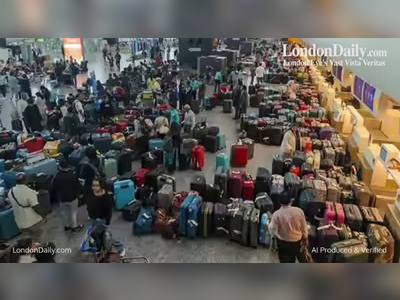
UK Lawmakers Urge Tougher Gambling Taxes, Reject Industry “Scaremongering”
Treasury Select Committee calls for higher duty on harmful online betting and slot machines ahead of the 2025 Budget
Members of the Treasury Select Committee have issued a strong caution to the government: they should not yield to what they describe as “industry scaremongering” from gambling firms as they prepare for the upcoming Budget.
The committee’s report, published in early November, says taxes on gambling must reflect the social harm caused by certain products, especially online betting games and high-street slot machines.
The committee highlights that the UK’s gambling levy regime currently imposes substantially different tax rates across various activities.
For example, remote gaming duty sits at around 21 per cent of gaming profits, while machine gaming duty on certain adult gaming centre machines is 20 per cent, and general betting duty as low as 15 per cent.
The committee argues this differential fails to recognise the varying levels of addiction risk.
Drawing on evidence from think-tanks such as the Institute for Public Policy Research and the Social Market Foundation, the committee cites a shift in the sector: remote gambling’s contribution to gross gambling yield has risen from 12 per cent in 2014 to 44 per cent in 2024, underlining that new and more harmful formats dominate growth.
It suggests more appropriate taxation might raise up to £3.2 billion a year.
While presenting its case, the committee challenged the gambling industry’s assertion that it causes no “social ills”.
In a hearing, the chief executive of the Betting & Gaming Council stated there were no social harms linked to gambling—eliciting “jaw-dropping” reactions from MPs.
The committee chair, Dame Meg Hillier, said the statement was “staggering” and undermined confidence in industry-led claims.
Industry representatives warned that heavier taxes would drive punters to unregulated markets, accelerate high-street closures and reduce sport sponsorships.
The committee acknowledged the risks but said the evidence of linkages between tax hikes and black-market migration remains weak and should be managed through robust anti-avoidance measures rather than tax-freeze.
The government is expected to announce detailed tax proposals in the Budget on 26 November 2025. Analysts expect a moderate increase of £1 billion to £1.5 billion in tax revenue to be targeted at online and machine-based gambling rather than sweeping across all formats.
The committee recommends that any reform should ensure higher-risk activities carry higher tax burdens, while maintaining lower rates for low-harm formats such as pool betting and horse-racing, to protect sectors and jobs tied to more benign forms of gambling.
It also urges a review of offshore gaming firms and anti-avoidance frameworks to ensure tax integrity.
The report sends a clear signal that the government is under pressure to act decisively on gambling taxation without being swayed by industry warnings.
The committee’s report, published in early November, says taxes on gambling must reflect the social harm caused by certain products, especially online betting games and high-street slot machines.
The committee highlights that the UK’s gambling levy regime currently imposes substantially different tax rates across various activities.
For example, remote gaming duty sits at around 21 per cent of gaming profits, while machine gaming duty on certain adult gaming centre machines is 20 per cent, and general betting duty as low as 15 per cent.
The committee argues this differential fails to recognise the varying levels of addiction risk.
Drawing on evidence from think-tanks such as the Institute for Public Policy Research and the Social Market Foundation, the committee cites a shift in the sector: remote gambling’s contribution to gross gambling yield has risen from 12 per cent in 2014 to 44 per cent in 2024, underlining that new and more harmful formats dominate growth.
It suggests more appropriate taxation might raise up to £3.2 billion a year.
While presenting its case, the committee challenged the gambling industry’s assertion that it causes no “social ills”.
In a hearing, the chief executive of the Betting & Gaming Council stated there were no social harms linked to gambling—eliciting “jaw-dropping” reactions from MPs.
The committee chair, Dame Meg Hillier, said the statement was “staggering” and undermined confidence in industry-led claims.
Industry representatives warned that heavier taxes would drive punters to unregulated markets, accelerate high-street closures and reduce sport sponsorships.
The committee acknowledged the risks but said the evidence of linkages between tax hikes and black-market migration remains weak and should be managed through robust anti-avoidance measures rather than tax-freeze.
The government is expected to announce detailed tax proposals in the Budget on 26 November 2025. Analysts expect a moderate increase of £1 billion to £1.5 billion in tax revenue to be targeted at online and machine-based gambling rather than sweeping across all formats.
The committee recommends that any reform should ensure higher-risk activities carry higher tax burdens, while maintaining lower rates for low-harm formats such as pool betting and horse-racing, to protect sectors and jobs tied to more benign forms of gambling.
It also urges a review of offshore gaming firms and anti-avoidance frameworks to ensure tax integrity.
The report sends a clear signal that the government is under pressure to act decisively on gambling taxation without being swayed by industry warnings.










